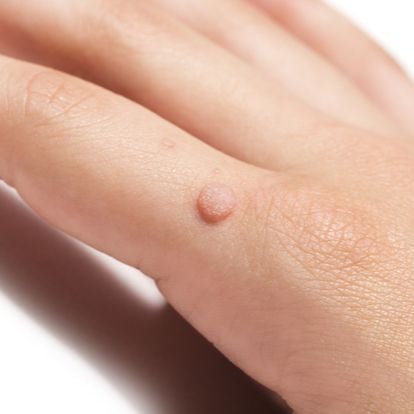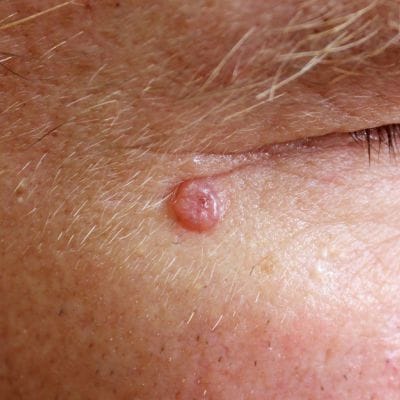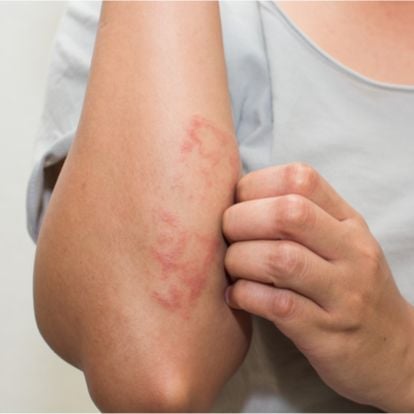Cellulite
Cellulite is a common skin condition that affects many people. It can cause self-consciousness and insecurity, but there is no need to worry! This article will discuss what cellulite is, what causes it, and how you can treat it.
What is Cellulite, and What Causes it?
Cellulite is a condition that affects the appearance of the skin. It is characterized by dimpled, lumpy skin that often has a cottage cheese-like appearance. It occurs when fat cells push against the connective tissue beneath the skin. Cellulite typically appears on the thighs, buttocks, and stomach, but it can also affect other body areas. The cause of cellulite is not entirely understood, but it is thought to be related to factors such as genetics, hormones, diet, and lifestyle.
Who can get Cellulite?
While cellulite can affect anyone, it is more common in women than men; this may be because of differences in fat distribution and skin thickness between genders. Cellulite is also more common as we age because of changes in the skin and underlying tissues.
How to Tell if You Have Cellulite
Cellulite is not harmful and does not cause any medical problems, but many people are concerned about its appearance. If you are unsure whether you have cellulite, there are a few things you can look out for. Cellulite often appears as dimpled or lumpy skin, and it is often more noticeable when the skin is pinched.
The Best Ways to Treat Cellulite
There is no cure for cellulite, but there are treatments that can improve the appearance of the skin. The most effective treatments are those that combine lifestyle changes with medical procedures.
Some lifestyle changes that can help reduce the appearance of cellulite include eating a healthy diet, exercising regularly, and reducing stress. Medical procedures such as laser therapy and massage therapy can also be effective.
- Diet and exercise: Eating a healthy diet and exercising can help to reduce the appearance of cellulite.
- Cellulite creams and gels: Research has reported that certain creams and gels can help reduce cellulite.
- Massage: Massaging the affected areas can help to break up the fat deposits and improve circulation.
- Acoustic wave therapy is a newer treatment that uses sound waves to break up fat deposits. It is safe and effective, but it can be expensive.
- Liposuction: This is a surgical procedure that removes excess fat from the body. It can effectively reduce cellulite, but it is also associated with risks and side effects such as infection, bruising, and bleeding.
- Laser treatment: Laser treatment can effectively reduce the appearance of cellulite. However, it is also associated with risks and side effects. Cellulaze is a newer laser treatment that is effective at reducing cellulite. It works by breaking up the fat deposits and stimulating new collagen growth.
The Best Ways to Prevent Cellulite from Forming
There are a few things you can do to prevent cellulite from forming. These include:
- Eating a healthy diet: A healthy diet can help to reduce the risk of developing cellulite.
- Exercising regularly: Exercise can help tone the muscles and improve circulation, which may help to prevent cellulite from forming.
- Maintaining a healthy weight: Being overweight or obese can increase the risk of developing cellulite.
- Wearing loose-fitting clothing: Tight-fitting clothing can constrict the skin and worsen the appearance of cellulite.
Cellulite is a common condition that affects many people. It can be embarrassing and frustrating, but there is hope! There are several ways to reduce the appearance of cellulite, and with the help of a qualified professional, you can achieve the results you desire.






